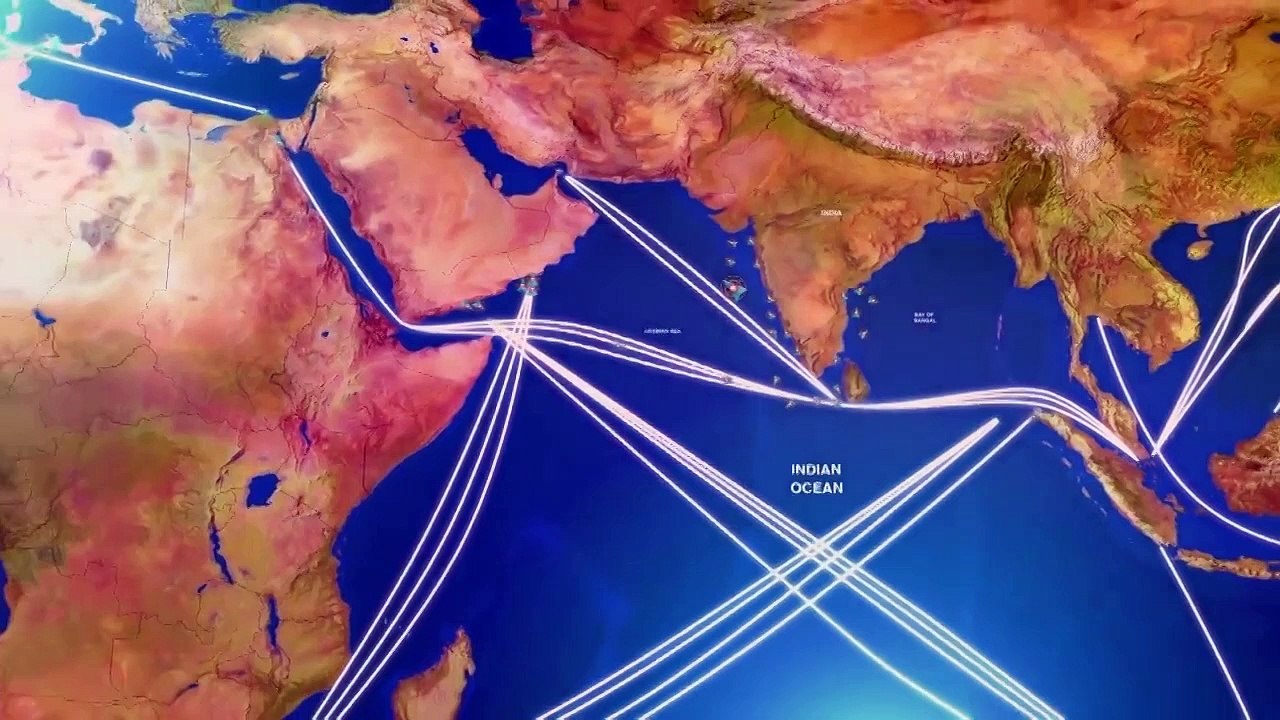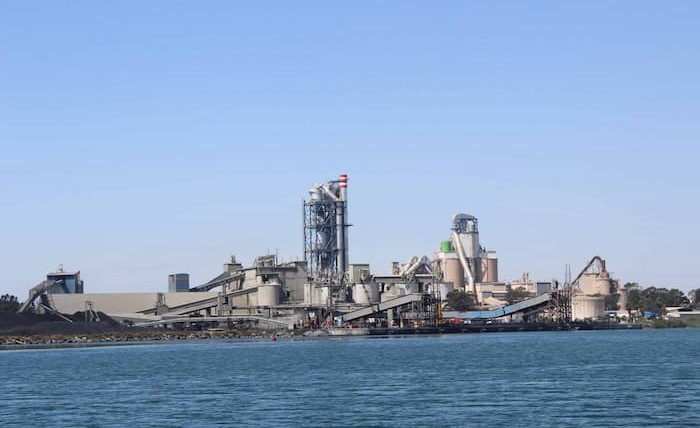The famous maxim attributed to Admiral Alfred Thayer Mahan remains fully relevant today in analyzing international power dynamics. Mastery of the seas is not merely a military issue; it is above all a crucial key to understanding the economic, political, and strategic forces shaping the contemporary world.
Over four-fifths of global trade passes through maritime routes. This reality gives strategic importance to sea lanes, straits, canals, and ports. Those who exercise effective control over these critical chokepoints hold significant power over global trade, energy flows, and the economic prosperity of nations.
Moreover, the oceans are arenas of rivalry among major powers seeking to protect their interests, project influence, and enforce their rules. Naval power thus becomes an indispensable instrument of sovereignty and strategic influence.
The war in Yemen perfectly illustrates the geopolitical significance of maritime routes. Located at the strategic crossroads of the Bab el-Mandeb Strait, the country sits at the heart of a conflict that directly affects the security of one of the world’s most vital shipping lanes. The ability to ensure free passage through this area is crucial for global energy supply and economic stability.
Adding to this is the issue of the Suez Canal, a key passage between the Mediterranean and the Red Sea, which could soon face partial privatization or increased management by private actors. This possibility raises significant questions about sovereignty and the secure management of this essential corridor.
Source: laverite




